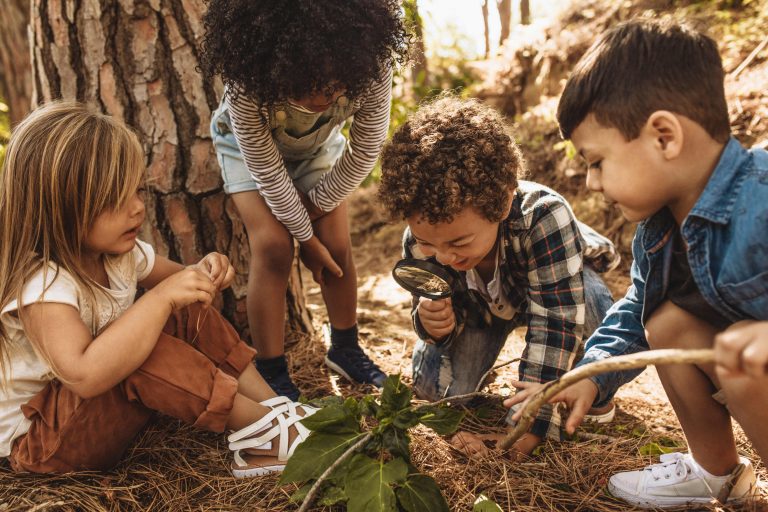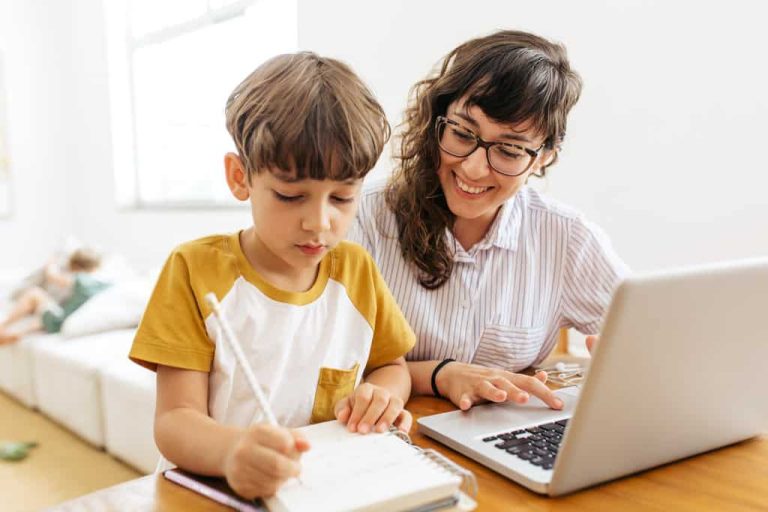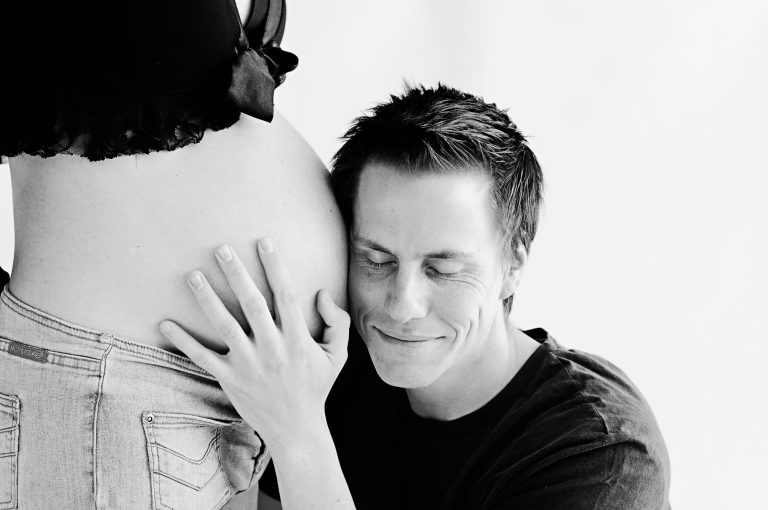Early Stimulation in Babies
Early stimulation in babies seeks to develop and enhance brain functions; both at a physical level in the fine and gross motor levels, as well as at the language, emotional and social levels. This type of stimulation is carried out through certain techniques, games and activities.
The fine motor development area refers to the precise movements made with the fingers and hands; the gross motor development area refers to the larger movements made with the legs, arms and the entire body; the language area is the ability to speak and communicate with others; and the socio-affective area refers to the ease with which one expresses one’s emotions and feelings and the ability to relate to others.
What is Early Stimulation and What are its Benefits?
Early stimulation is a series of activities that parents or caregivers carry out with babies to help them develop all their abilities earlier. It turns out that brain flexibility decreases over time; for example, a baby’s neuronal development reaches its peak from birth to 3 years of age. Then, up to 6 years of age, this development decreases because the neuronal interconnections in the brain are already formed.
It is important to understand that each child is a different world, so early stimulation activities should be focused on each child, seeking to strengthen their self-esteem and with activities and objectives that encourage their learning.
Benefits
Early stimulation helps develop children’s intelligence and emotions, while also strengthening their bodies. Not only by carrying out the activities, but also because parents should congratulate them during the activities and this also stimulates the baby’s full development.
These stimulation activities help the baby to better adapt to its environment, in a faster, more intense and simple way, since this stimulation takes full advantage of the learning capacity of babies.
Early Stimulation Exercises or Activities
Babies from 0 to 3 months
1. Before putting the nipple in the baby’s mouth, let him smell the milk on the nipple, this helps stimulate sucking.
2. To help him lift and control his head faster, you can lay him on his stomach, extend his arms and start getting his attention with a toy or sound.
3. A very good exercise to stimulate the gross motor area is to place him on his back, then gently extend his arms up, down, to the sides and then over his chest. Also gently bend his legs.
4. A very simple activity to stimulate your baby’s language is to hold him close to your breast and sing to him. You can also imitate the sounds your baby makes to encourage him to continue making them.
5. The best ways to develop your child’s social skills are through love and care, giving him gentle massages, kisses and caresses.
Babies from 4 to 6 months
1. To stimulate gross motor skills there are several activities you can do, when you are changing his diaper you can rub his feet together, also take his hands and teach him to clap.
Another activity you can do is to lay him face down, but put a rolled-up blanket between his chest and arms and show him a toy that catches his attention. The idea is to have him lean on one hand so that with the other he can try to grab the toy.
2. To stimulate his language you should always call him by his name, smile at him and talk to him continuously, even respond to his babbling.
3. A very simple activity to develop fine motor skills is to take your child’s hand and touch different parts of their body. When you touch them, you should say their name, for example, nose, foot, mouth, eyes, etc.
Babies from 7 to 9 months
1. To develop fine motor skills, sit your baby on the floor, show him a toy or his favorite doll, and encourage him to crawl over to you to get his doll. For fine motor skills, ball play is great. Throw a big ball and have your baby throw it back to you.
2. Celebrate your baby’s first words, continue talking to him and responding to the sounds he makes. When you’re eating, teach him the names of the foods he’s eating.
3. It’s time to teach him to wave goodbye, and also to pick up a glass by himself.
General Tips
1. Early stimulation activities for babies should be carried out in a safe and calm environment. Always accompany them with music, rhymes or songs that the baby likes.
2. When you see that the baby is calm and awake is the best time to carry out early stimulation activities.
3. To obtain greater benefits, it is recommended to perform these stimulation activities at least 3 times a week, although ideally every day.
4. Important: never force your baby to do activities or exercises if he or she does not want to. Try again later, maybe he or she wants to sleep or eat first. If he or she wants to eat, you should wait at least 30 minutes to do the exercises.
5. Always reward or celebrate his achievements.
6. It is important that both parents get involved in these early stimulation activities, as should the person who provides daily care, such as the nanny.





